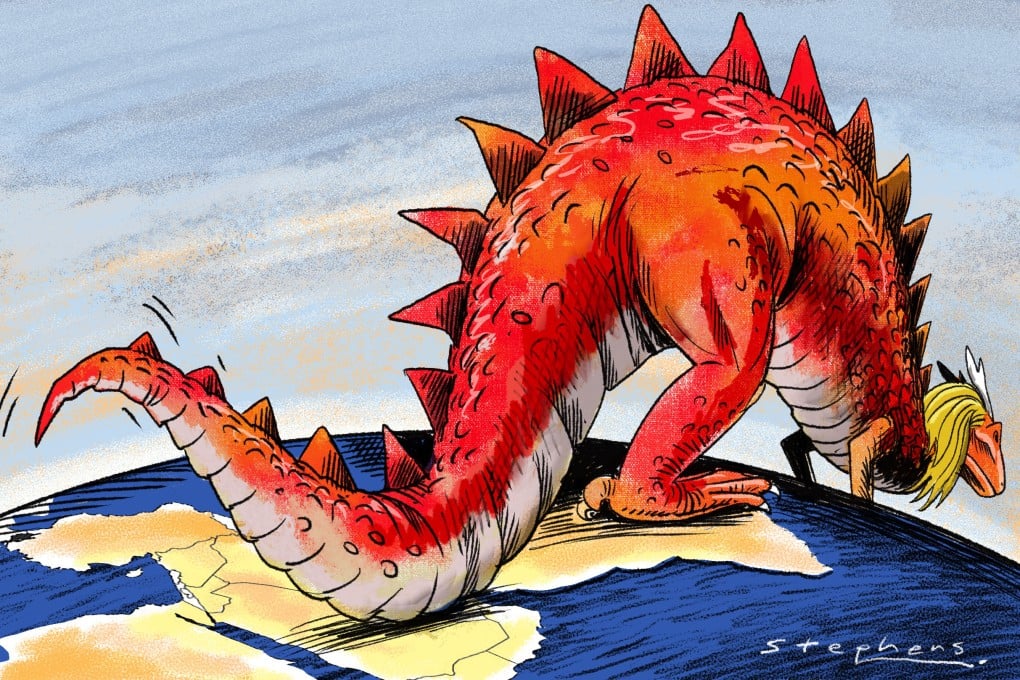Advertisement
Opinion | Why China prefers diplomacy to military pressure in the Middle East
- Beijing’s top priorities are unification with Taiwan, national unity and defending its claims over disputed continental and maritime regions
- As long as its interests in the Middle East aren’t directly threatened, there is little reason to pursue military influence or join US-led security efforts
Reading Time:4 minutes
Why you can trust SCMP
11

The United States is reportedly considering deploying two more aircraft carriers to its western Pacific fleet, which already consists of three carriers. These potential deployments, along with recent naval exercises involving Japan and South Korea in the East China Sea and the expected visit of US senators to Taiwan this week, underline Washington’s dedication to prioritising its strategic interests in the region.
Advertisement
This commitment persists even as the US remains involved in safeguarding commercial ships in the Red Sea amid tensions with Yemen’s Houthis. These developments are happening on the back of a recent meeting between US National Security Adviser Jake Sullivan and Chinese Foreign Minister Wang Yi in Bangkok, aimed at establishing guard rails on bilateral relations.
The top issues that the Chinese readout of the meeting mentioned were Taiwan and Washington’s alleged politicisation of economic issues for national security – in other words, restrictions on the export of advanced technology to China.
The security issue in the Middle East was mentioned tangentially with a reference to global and regional issues in places including Ukraine, Myanmar, the Korean peninsula and South China Sea. The statements from the two sides did not even refer to the Red Sea crisis, including the Houthi attacks on commercial vessels or the recent killings of US soldiers in Jordan.
These interactions highlight that the Middle East security issue is not a top agenda item for US-China talks, yet other reports suggest Washington has reached out to Beijing asking it to influence Iran in restraining its proxy militia activities in the region.
Iran-backed Houthis have been targeting commercial vessels in and around the Red Sea, disrupting maritime trade and increasing shipping costs, including for China. In response, Beijing has criticised the harassment and attacks on civilian vessels, as well as the disruption of supply chains and the global trading regime, without specifying the responsible party.

Advertisement
